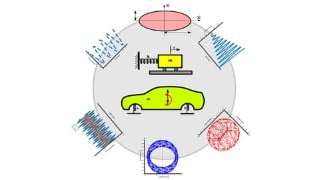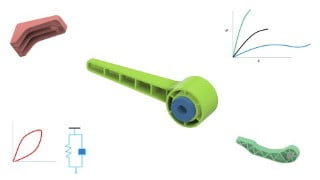Free Mechanical Engineering Tutorial – Mechanical Systems of Engineering
Learn about different energy sources and their conversions in this comprehensive course. From thermal and nuclear power plants to renewable sources like solar, wind, tidal, geothermal, biomass, and fuel cells, explore their importance, applications, pros, and cons. Ideal for first-year engineering students, this course provides insights into energy types, conversions, and the need for alternative sources as conventional ones deplete. Discover how wind energy powers generation and irrigation, tidal energy generates power, geothermal heat converts to electricity, biomass energy benefits rural areas, and fuel cells convert chemical energy. Gain a solid understanding of energy forms, conversions, and their implications.
unit-I : Energy Sources and Conversion-Part-II
In the Part-I of first unit Energy and energy conversion we have seen what is energy source ,types of energy sources and their useful conversion.
In this part we have seen Convention source of energy such as Thermal Power plant, Nuclear power plant. Also we have studied renewable source of energy i.e. Solar Energy.
In this part -2 we will study remaining part of renewable energy sources such as wind, tidal, geothermal , biomass and Fuel cells. Importance of these renewable sources and their types, conversions into useful forms of energy, their applications, cons and pros etc.
After study of these sources of energy, we will be able to know the Energy types, their importance and need of future alternate source of energy to conventional source as they are going to deplete in near future.
Wind energy useful for power generation, irrigation etc.
Tidal energy useful for power generation
Geothermal heat energy conversion into electricity
Biomass energy preparation and then conversion into useful form. particularly beneficial to village areas, remote areas etc
Fuel cells energy conversion from chemical energy to electrical or other useful form etc
This course is useful for the first year engineering students to get idea about the energy forms, types, their way of conversions. Applications, advantages and disadvantages,
Who this course is for:
- Beginner
User Reviews
Be the first to review “Free Mechanical Engineering Tutorial – Mechanical Systems of Engineering”
You must be logged in to post a review.







There are no reviews yet.